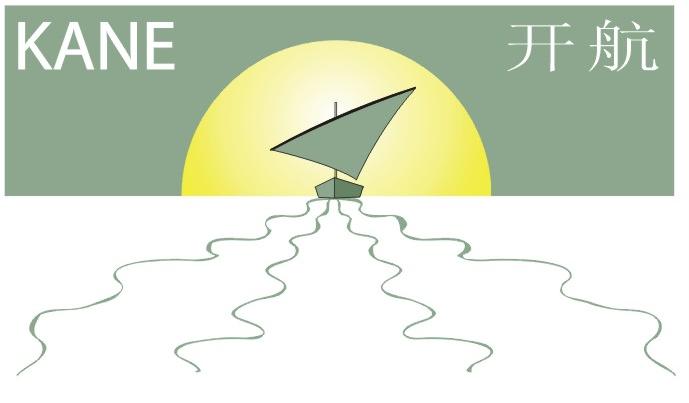In recent months, Sarkozy's actions regarding the Dalai Lama and also the Beijing Olympics, has created much tension between the two countries, but now the language in the Chinese press seems to be stepping up a bit in its intensity and it would be wise for the French government to appreciate the political gravity of this situation:
刘建超称,中方已经多次就欧盟轮值主席、法国领导人执意要会见达赖喇嘛一事阐述了中方的严正立场。 对于中方的立场,法方应该非常清楚。(1)
For a national press that is known in recent years for its implicit hinting at initiatives and opinions, this leaves no doubt what the message is, and we can see it in three spots in this one sentence, which roughly states that China has told the EU Chairman and French leaders repeatedly that it is not in favor of their seeing the Dalai Lama and that the French should be very aware of this.
But let's look at the language used for a moment:
已经多次 = already multiple times
中方的严正立场 = China's ardent stance
对于中方的立场,法方应该非常清楚 = regarding China's stance, France should be very clear
For me, the red flags here are the use of multiple, ardent, and very clear (in particular the 'very' in very clear). I am not suggesting that we never see strong language from the Chinese press and national spokesman, Liu Jianchao, who is quoted here. But this thorn in China's paw will not go away and they augmentation of severity in tone is a blatant sign that China is determined to rid itself forthwith of this international assault on their reputation.
All disputes of such force are simply bargaining chips in international diplomacy, and one would have to applaud France for milking this for all it is worth; in contrast, it seems as though the US has begun to move beyond the issue of the Dalai Lama. Perhaps this means that France feels they and the EU have not received enough collateral in order to drop the issue.
From a young American investor's standpoint looking at China, France and the EU arguably are simply tangential issues and do not directly affect our ability to invest profitably in China's growing economy. However, I would say just the opposite. There is much that President Obama and our leaders can continue to glean from the relationships that China has with the other major international economies, and the EU and Japan are arguably as important to China as is the US. From a human rights standpoint, I am willing to accept an ongoing debate on the Tibet issue, but from a geopolitical perspective, it is time for all players to settle up and move on.
(1) 4 December 2008 http://news.sohu.com/20081204/n261025122.shtml
Subscribe to:
Post Comments (Atom)


No comments:
Post a Comment